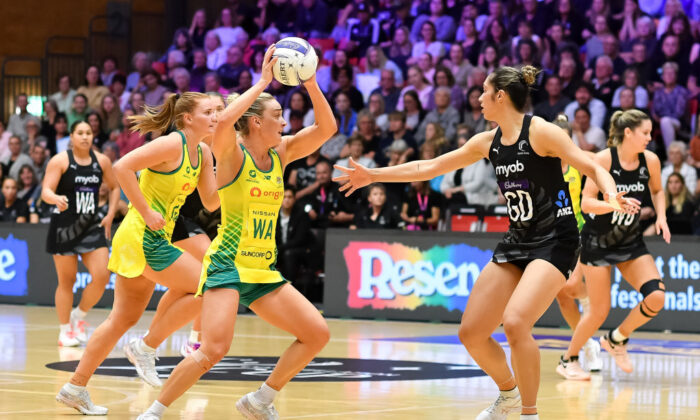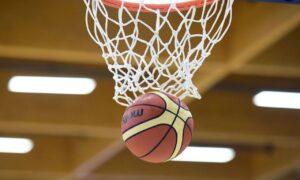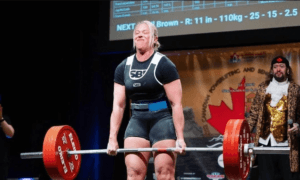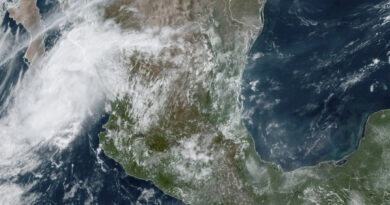Transgender Players Allowed in Netball Australia Elite League
The association defied World Netball’s recent ban on transgenders based on the determination that biological males retained physical advantages.
Netball Australia has no intention of banning transgender players from their elite domestic competitions, despite a ruling earlier this week from World Netball to prohibit them from international matches.
A statement released by Netball Australia on April 9 expressed that they were “proud of its leading transgender guidelines for both community and elite netball.”
World Netball’s policy, released on April 8, outlined the exclusion of transgender players from international fixtures based on a determination that players born as biological males “retained physical advantage following the suppression of testosterone levels in those that have experienced the biological advantages of testosterone at any time in life.”
This decision underscores the ongoing debate surrounding transgender athlete participation in sports, with organisations like Netball Australia striving to revise policies for fairness and inclusivity, as the understanding of transgender athletes’ physical capabilities evolves.
Supporters argue that transgender athletes should be allowed to compete according to their gender identity, while opponents raise concerns about potential competitive advantages.
World Netball defended its data-driven decision, emphasising that it had conducted an exhaustive process that included input from a study by the Sports Council Equality Group in the UK.
“World Netball believes that the research on which it has relied is robust, it comprises many research studies, all of which have been published in peer-reviewed journals and come from multiple distinct research groups around the world,” the organisation’s statement reads.
“Following a detailed review of the science and consultation with experts and members, it has determined that international level women’s netball is a gender-affected activity and that a policy is required (to) ensure fairness and safety at this level of our sport.”
World Netball said the physically demanding nature of International Netball, left open an “inherent risk to the safety of athletes and a likelihood of accident and injury,” and that the introduction of transgender players would “affect the risk of injury occurrence and the severity of injury sustained.”
However, the ban allows for exceptions for transgender players who can demonstrate that they have “not experienced the biological effects of testosterone at any time.”
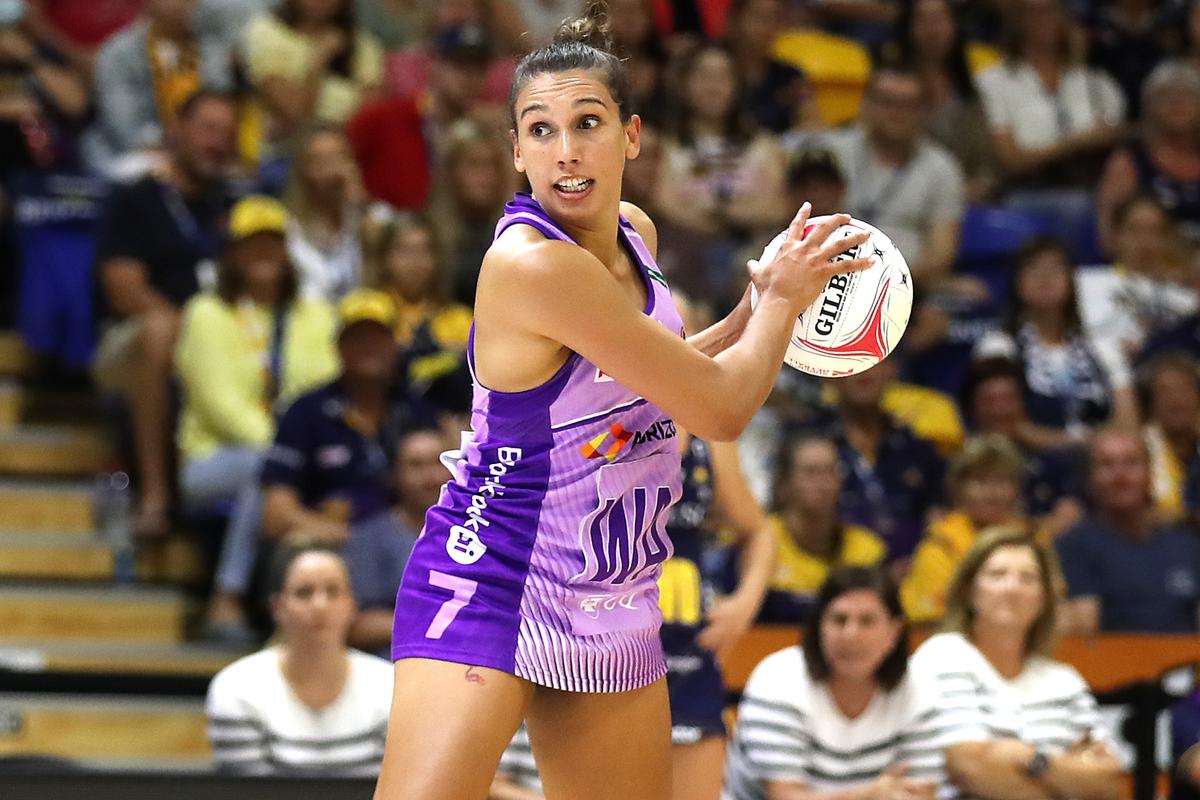
Netball Australia Reacts
Netball Australia’s commitment to inclusivity is evident in its 2020 gender and inclusion policy, “Pride In Sport,” designed to foster a welcoming environment for diverse individuals.
The policy says it aims to “provide an environment where transgender and gender diverse people feel welcome to participate in our great game, while also taking into account athlete safety and protecting the integrity of the sport.”
The policy concentrated on whether gender-diverse people had testosterone levels roughly half the level of an average man over 24 months.
There are currently no transgender players in any of Netball Australia’s domestic competitions.
However, a recent high-profile case in a Sydney football competition saw at least 20 players quit over concerns for the physical safety of female-born players after a team called the Flying Bats included five transgender players.
The potential participation of transgender players in the Suncorp national competition could become a thorny legal issue should a transgender player attract the attention of national selectors, who would be restricted from selecting them for higher honours based on World Netball’s policy.
Nevertheless, transgender and gender-diverse players are permitted to play in community netball leagues.
On Tuesday, Netball Australia reaffirmed that it has no plans to alter its guidelines, emphasising its commitment to providing an inclusive environment for all people to engage in netball.
